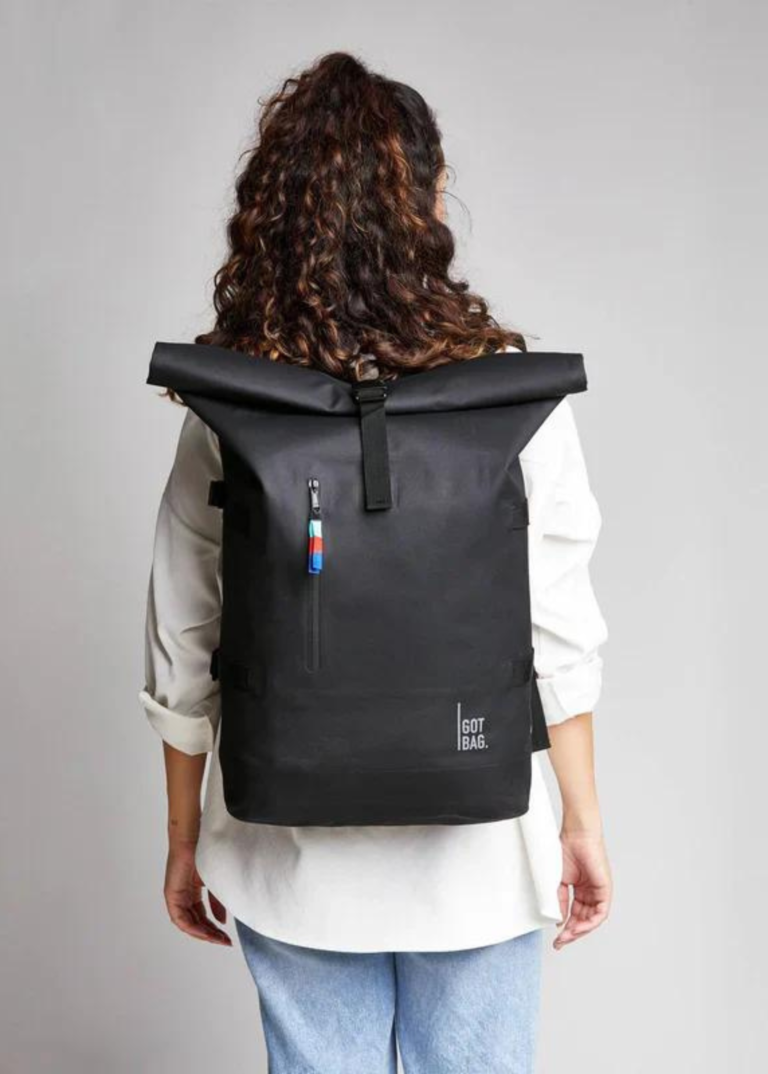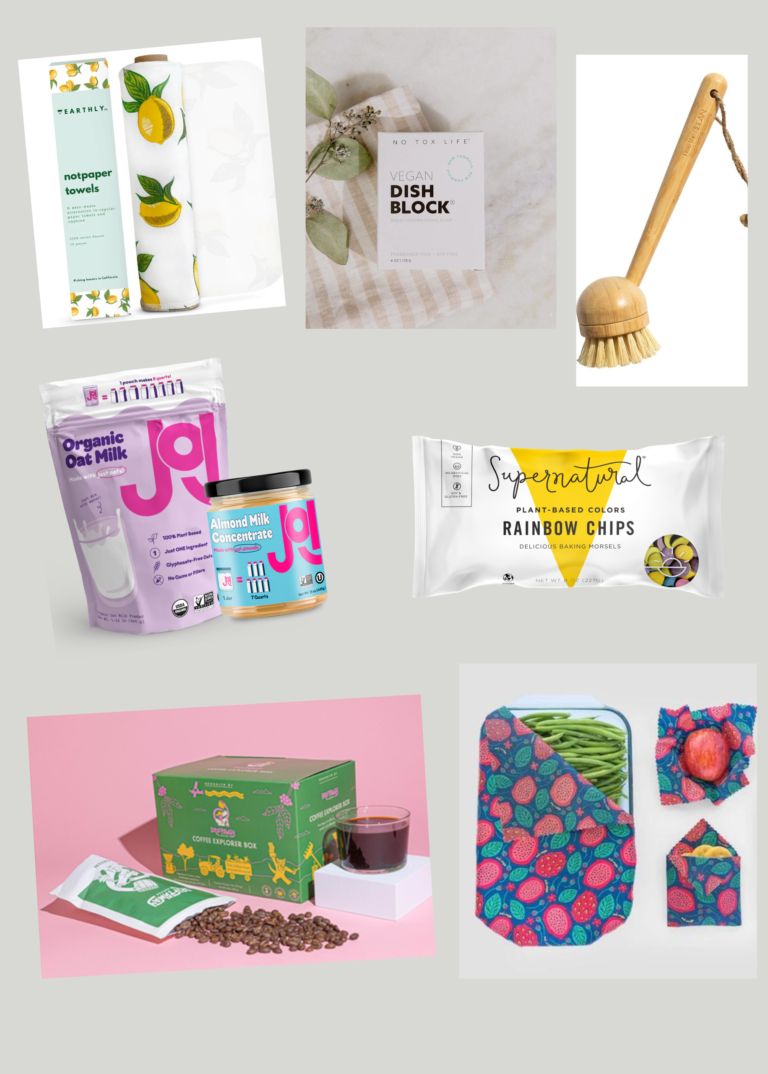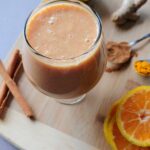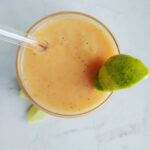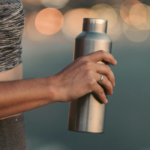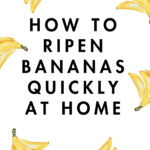In the last few decades, plastic pollution has emerged as a critical environmental issue. Each year, millions of tons of plastic waste are disposed of in our oceans, waterways, and landfills, calling for an urgent need for sustainable solutions. One notable effort addressing this issue is Plastic Free July. This powerful movement encourages individuals and communities to be mindful of their plastic consumption, promoting a cleaner and healthier environment.
What is Plastic Free July

Plastic Free July is a global social movement that began in 2011 by an Australian author and sustainability professional Rebecca Prince-Ruiz to bring people together to be a part of the solution to plastic pollution. It is a month-long challenge that aims to encourage people to refuse single-use plastics and be mindful of their plastic consumption. The goal is to raise awareness about the negative impacts of plastic on the environment and our health.
“Plastic production is set to almost quadruple by 2050 – we can’t recycle our way out of this problem. To create a world without plastic waste we need to turn off the tap, not mop the floor.”
Rebecca Prince Ruiz, Plastic Free July Founder
Why Embracing Plastic Free July is Important
According to UNEP, the world produces about 400 million tonnes of plastic waste every year. This waste ends up in landfills and oceans, harming marine life and disrupting ecosystems. Additionally, some plastics break down into microplastics that can leach harmful chemicals into our food and water, posing risks to our health.
Another threat to our water sources and environment is the presence of pollutants called PFAS (Per- and Polyfluoroalkyl Substances). They are synthetic chemicals found in everyday items such as coated pans, waterproof clothing, and refrigerants for air conditioning systems. They are non-flammable, water-resistant, and grease-resistant, that’s why several industries put them in their products. They are often referred to as “forever chemicals” because they are human-made and do not break down in the environment. Their persistence and widespread use make them a significant environmental and public health concern.
To help you understand PFAS and how to protect your home and community from them, the experts at ConsumerNotice.org have created several resources here – PFAS and Water Contamination.
How to Participate in Plastic Free July
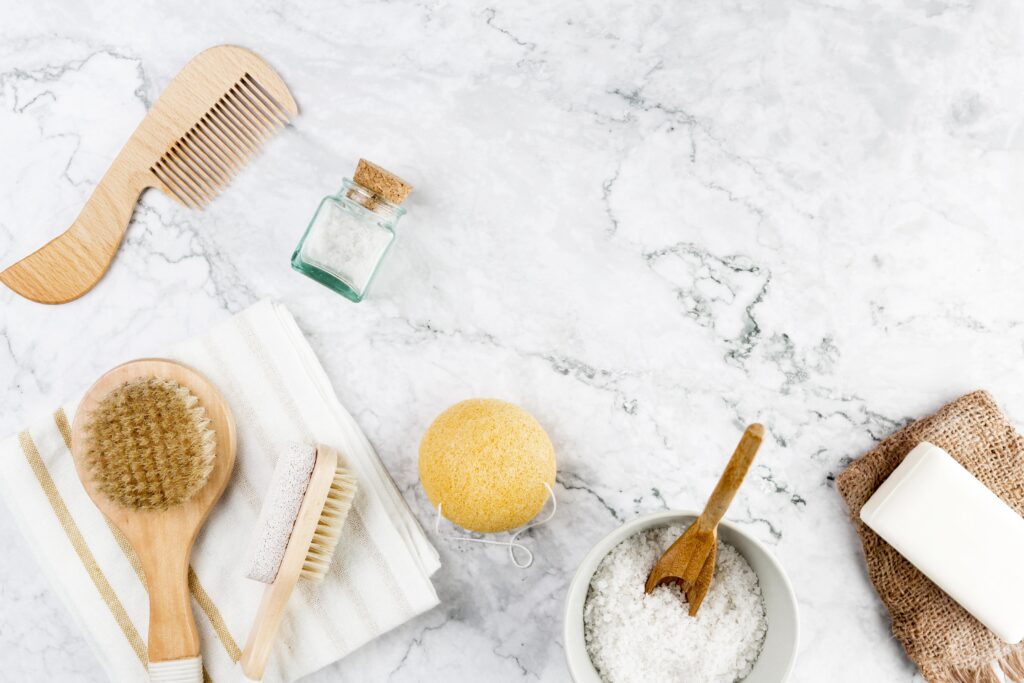
I know the idea of going plastic free for a whole month might be overwhelming and difficult, but you don’t have to change everything all at once. Rebecca says “Use what you have, do what you can, don’t focus on what you can’t.” Daily small commitments that align with your lifestyle build habits that make a difference in the long run. According to the Plastic Free July Impact Report 2023, 80 million people from over 190 countries participated in Plastic Free July (though some may have signed up for just a week or a day), reducing 240 million kgs of plastic consumption.
Joining the Plastic Free July movement can be both fun and rewarding. Here are some steps to get involved:
- Take Small Actions: The first step to reducing single-use plastic waste in your daily life is to identify where it comes from and find alternatives. Some common items to ditch include plastic bags, straws, and water bottles.
- Carry Reusable Items: One of the easiest changes you can make is switching to reusable bags, bottles, cutlery, cups, and containers. Make it a habit to take them with you when shopping or dining out.
- Opt for Plastic Free Products: When you are shopping, look for products with eco-friendly packaging such as paper, glass, or other sustainable materials.
- Support Sustainable Brands: Many brands are making efforts to reduce their plastic use. By supporting these brands, you encourage more businesses to do the same.
- Spread the Word: Share your efforts and progress with friends and family, and encourage them to join the challenge. Spread awareness on social media using the hashtag #PlasticFreeJuly.
To take this challenge one step further, join Zero Waste Store’s Plastic Free July Challenge 2024 and win exciting prizes each week!
Making an Impact Without Being Plastic Free
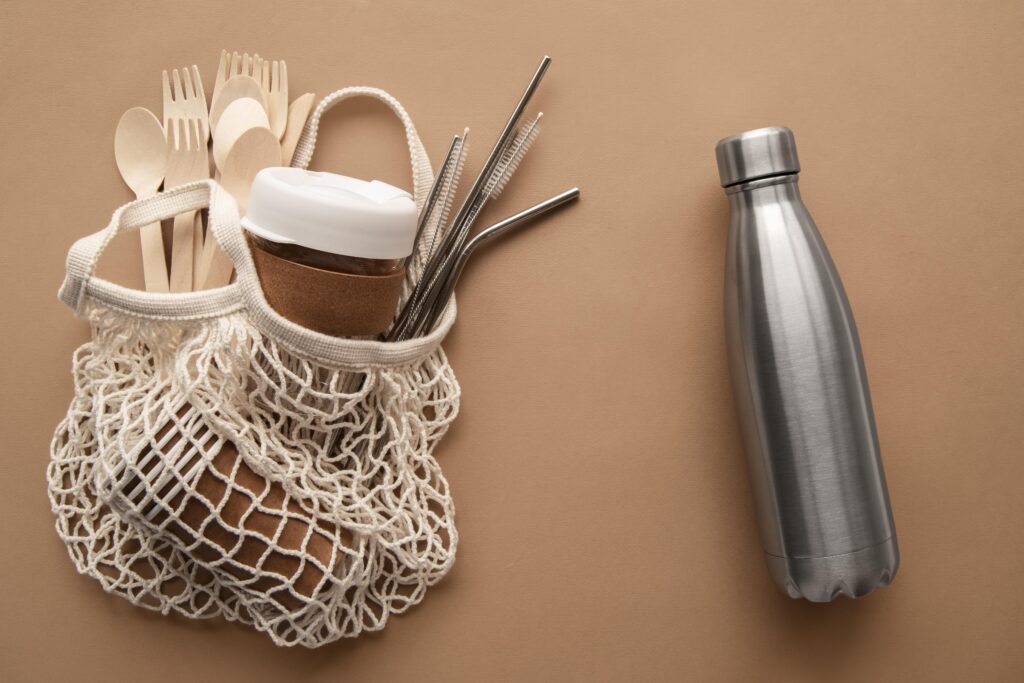
You can absolutely make a positive difference without fully committing to the challenge. Here’s how:
- Follow the three R’s – Reduce, Reuse, Recycle: Reduce your single-use plastic consumption by always having your reusable items with you. Reuse things you already have so you can say no to the new ones when they are offered. Recycle properly by following your local recycling guidelines.
- Be Mindful of Purchases: When buying new products, consider their environmental impact and choose more eco-friendly alternatives whenever possible.
- Engage in Community Efforts: You can get involved with your community by starting a community garden, setting up a compost exchange, or organizing local cleanups to encourage eco-friendly habits and reduce plastic waste in your area.
- Educate and Evolve: Understand the effects of plastic waste and continuously seek ways to reduce your plastic use.
12 Plastic-Free Products You Can Try Today
1. The Zero Waste Starter Kit

This zero-waste starter kit is an excellent starting point if you are looking to reduce your environmental impact. The kit includes 16 top-rated, everyday sustainable essential products for the kitchen, bathroom, laundry, and on-the-go needs. Highlights include reusable paper towels, a bamboo toothbrush, reusable produce bags, and laundry detergent sheets. The kit aims to help you transition to a sustainable lifestyle with ease and convenience. Each item is designed to be either reusable, compostable, or recyclable, making it a comprehensive and eco-friendly choice.
2. The Exceptional Skin Regimen Kit by J&L Naturals

This Exceptional Skin Regimen Kit includes high-quality natural skincare products from cleanser, moisturizer, sponge, and face mask to lip balm, ensuring your skin remains healthy and radiant. The products are provided in biodegradable and sustainable containers, made with 100% natural, plant-based, and vegan ingredients. The products are gluten-free, cruelty-free, and preservative-free. J&L Naturals is proudly a woman-owned brand that always ships plastic-free.
3. Aluminium Free Deodorant

The J&L Naturals Aluminum Free Deodorant is a fantastic eco-friendly choice. Available in a variety of scents and packed with antioxidants and natural disinfectants, it keeps you smelling great all day without harsh chemicals. Plus, its biodegradable container is a win-win for you and the planet.
4. Organic Lip Balm

This zero-waste lip balm is a must-have for eco-conscious consumers. It is made with organic ingredients like shea butter and cocoa butter, and essential oils that nourish and hydrate lips. It comes in multiple flavors, such as Vegan Coastal Berry and Organic Lip Cali Orange, and features compostable packaging. A portion of each purchase supports marine life conservation.
5. Countertop Compost Bin

This compost bin is a sustainable and practical addition to any kitchen, taking up little space on the countertop. Made from bamboo fiber, it holds up to 1.25 gallons of compost and is dishwasher-safe. Its compact design and charcoal filter lid minimizes odors, making it ideal for storing organic scraps before transferring them to an outdoor compost bin. This durable bin will last years, is moisture-resistant, and heat tolerant.
6. Toothpaste Tablets

These chewy toothpaste tablets are an eco-friendly and effective alternative to traditional toothpaste, offering natural whitening and cavity-fighting properties. Made with clean ingredients like peppermint oil, coconut oil, and aloe vera extract, these tablets are fluoride-free and come in compostable packaging. Available in flavors like Peppermint, Charcoal Mint, and Watermelon Strawberry, they provide a fresh and non-chalky brushing experience. Each recyclable tin contains 62 tablets, perfect for sustainable oral care.
7. PlantPaper Bamboo 3 Ply Toilet Paper

The PlantPaper Bamboo 3 Ply Toilet Paper is a sustainable alternative to traditional toilet paper, made from fast-growing FSC-certified bamboo. Each roll is strong, absorbent, and free from harmful chemicals like bleach and formaldehyde. The 3-ply design ensures durability and softness, while the packaging is entirely recyclable, compostable, and free of dyes and coating.
8. Bamboo Hair Brush

This bamboo hair brush is an eco-friendly and durable alternative to traditional plastic brushes, with a 100% bamboo handle and pins, and with a natural rubber cushion. It effectively detangles hair, reduces static and frizz, promotes hair growth, stimulates blood flow to the scalp, and promotes soft, shiny hair. Packaged in compostable materials, this brush is a perfect choice if you are seeking zero-waste hair care options.
9. Terra Thread Lupa Canvas Tote Bag

The large Lupa Canvas Tote by Terra Thread is your reliable companion for shopping and daily needs. Made from organic cotton, this durable bag is not only stylish but also supports sustainability efforts. It has a spacious 29L carrying capacity, sturdy handles for easy shoulder slinging, and a convenient small hanging drop-in pocket to keep your essentials like keys and phone close at hand. The lead-free closure ensures hassle-free sealing when not fully packed. Additionally, purchasing this bag supports fair trade practices and ethical manufacturing.
10. Saalt Soft Cup

The Saalt Soft Menstrual Cup is an eco-friendly, comfortable, and reliable solution to traditional menstrual products. Made with ultra-soft and odor-free medical-grade silicone, this cup is designed to be gentle for those with bladder sensitivity or who experience cramping. Its flexibility and softness make it easy to insert and remove, providing a secure fit that prevents leaks. Additionally, this cup is reusable for up to 10 years and your purchase gives back to fight period poverty around the world and keeps single-use feminine care products out of landfills.
11. Olive + Comet Kambi Mug

The Kambi Mug by Olive+Comet is an elegantly handcrafted enamelware piece made in Poland. Its construction involves fusing powdered glass to a steel substructure, resulting in a durable, non-porous, and naturally antibacterial finish. Ideal for both indoor and outdoor use, it can handle high temperatures up to 815°C or 1500°F and is suitable for campfires, stovetops, ovens, and dishwashers.
Olive+Comet is a 1% for the Planet business member, donating a minimum of 1% of sales annually to social and environmental causes.
12. Meliora Gentle Home Cleaning Scrub Powder

The Gentle Home Cleaning Scrub Powder is a great choice if you’re seeking a versatile and effective eco-friendly cleaning solution. Made from natural ingredients like baking soda and vegetable soap, this scrub is perfect for tackling tough grime on various surfaces such as tubs, tiles, and stovetops. It’s completely plastic-free, biodegradable, and safe for septic systems, making it both planet and people-friendly. Available in Peppermint Tea Tree and Unscented, it ensures a clean home without compromising on environmental values.
Final Thoughts
Whether you are an environmental activist or simply looking to reduce plastic waste in your life, the Plastic Free July challenge is the perfect way to make a change. It’s OK if you forget to bring your reusable bag to the store a few times because this challenge is all about being more mindful of your plastic consumption and striving to build plastic-free habits.
By embracing these changes, we help create a better world for ourselves and future generations. Every small action counts, and together, we can make a significant difference.
